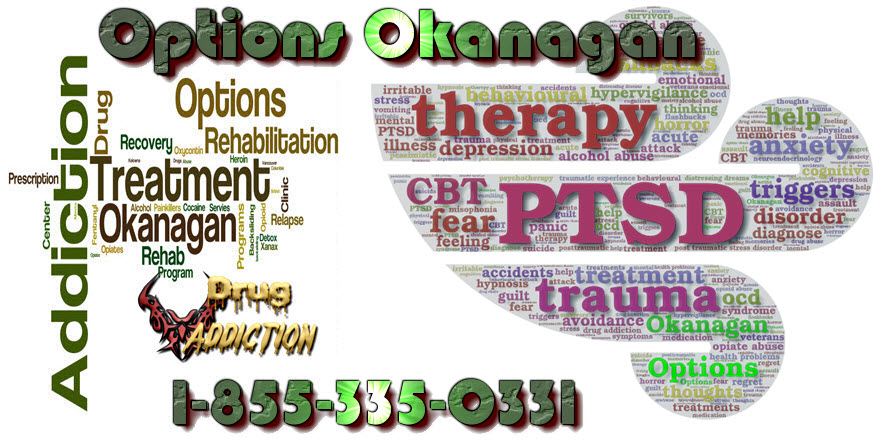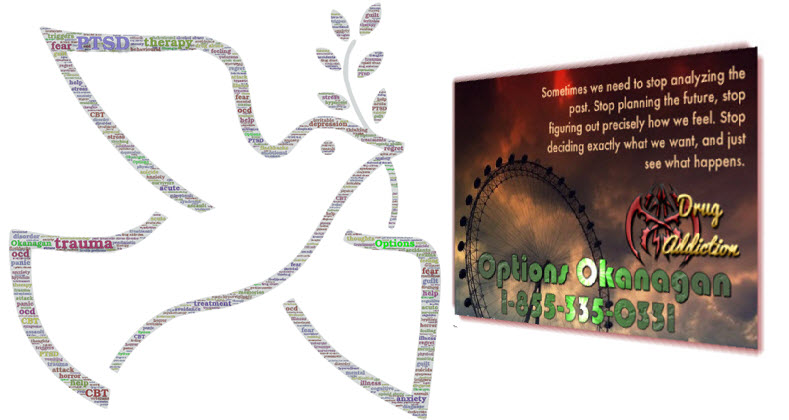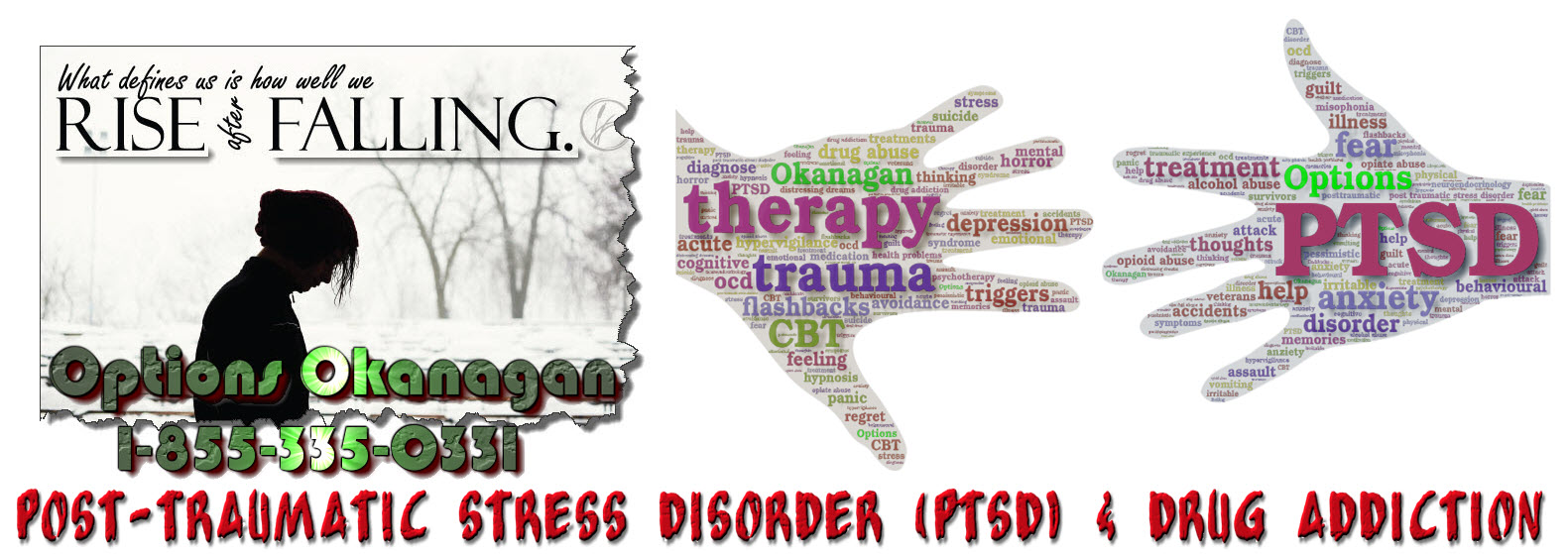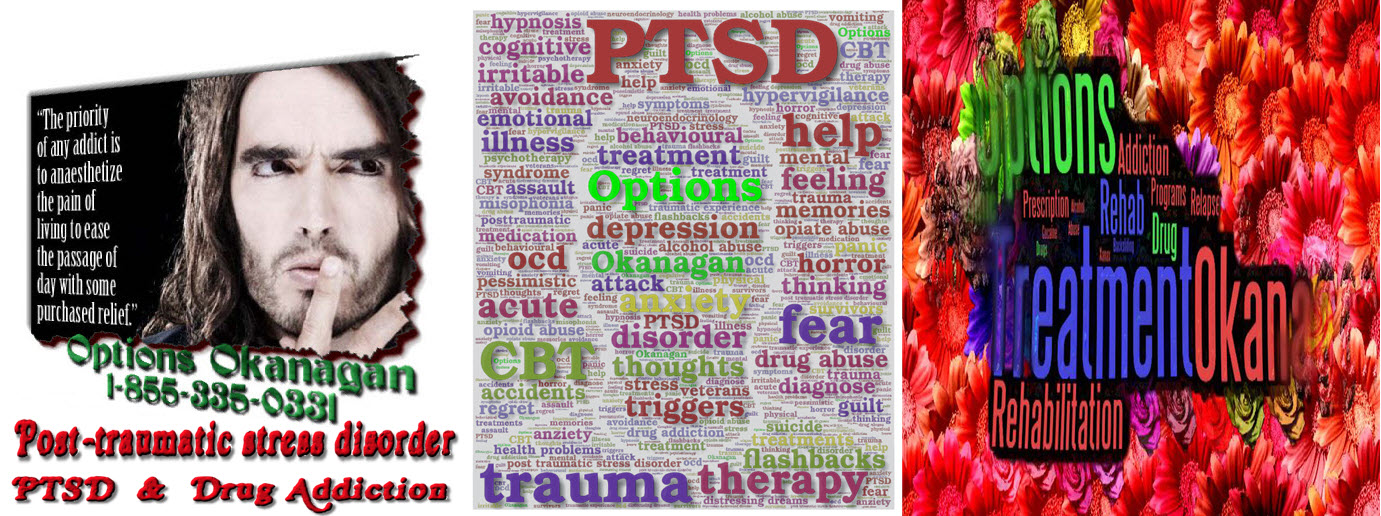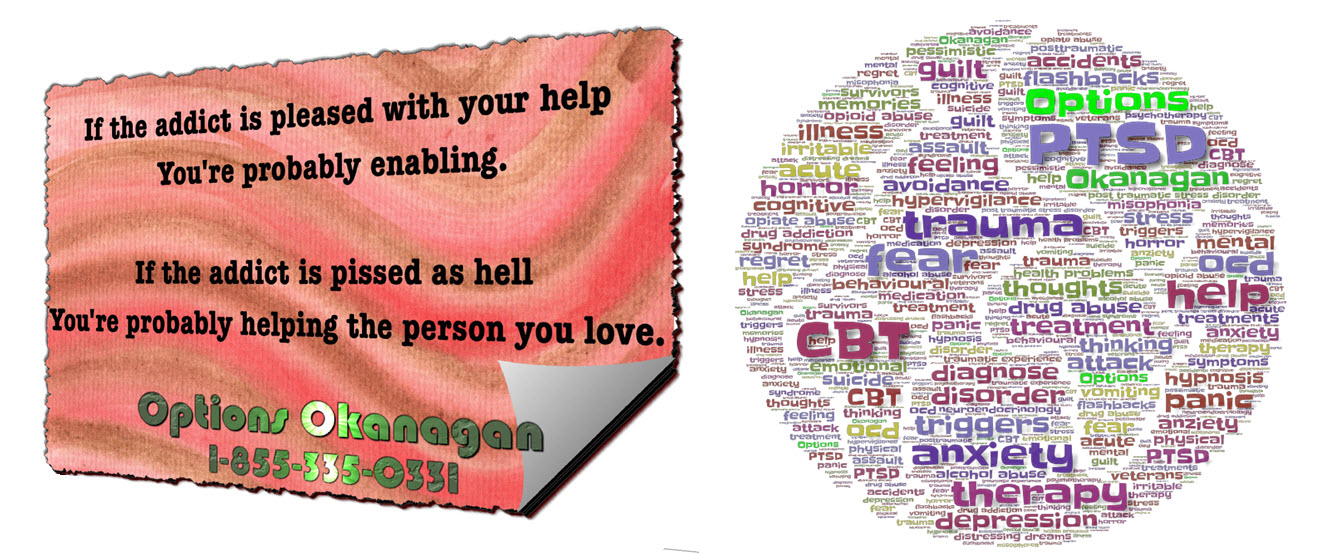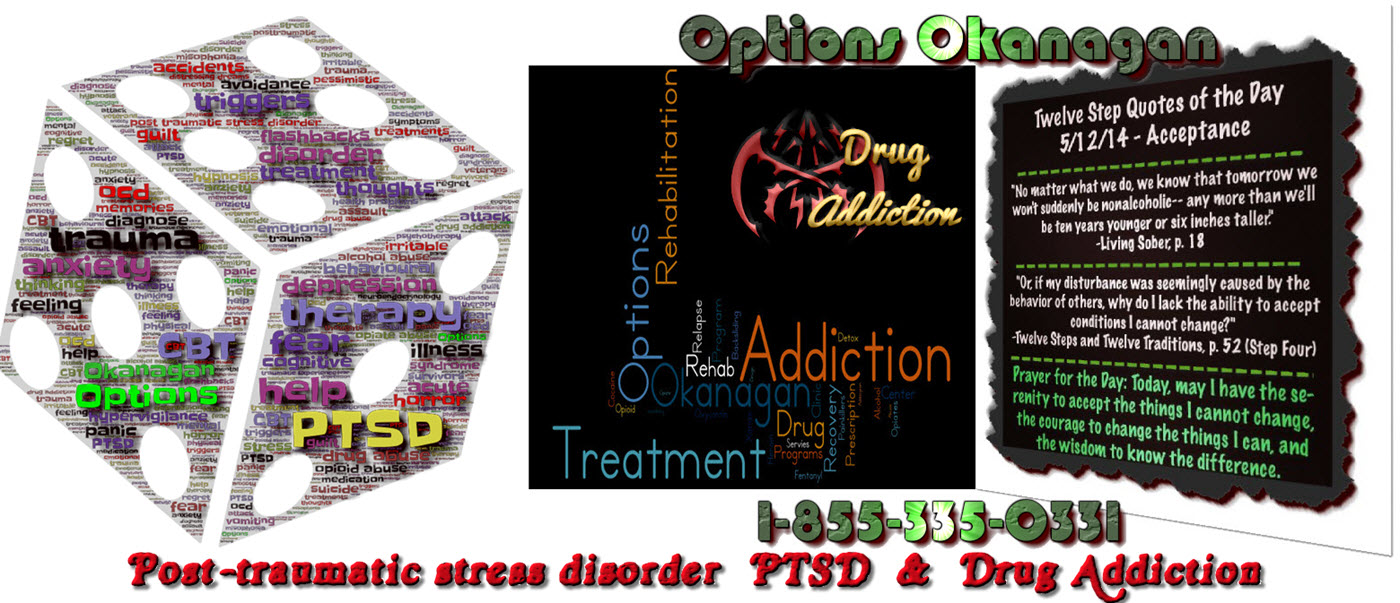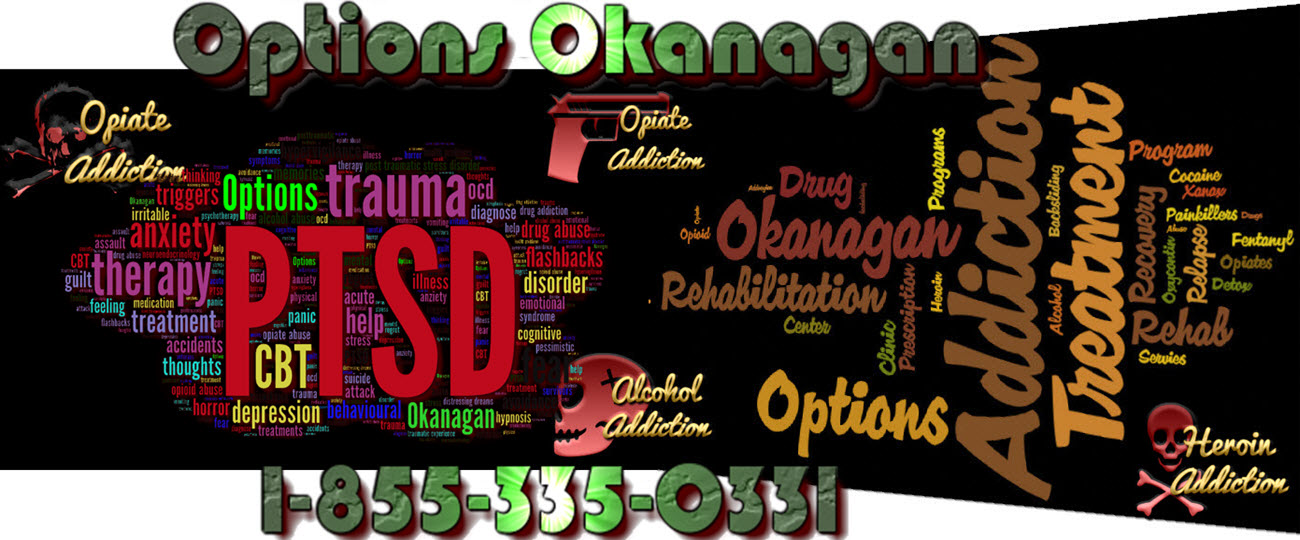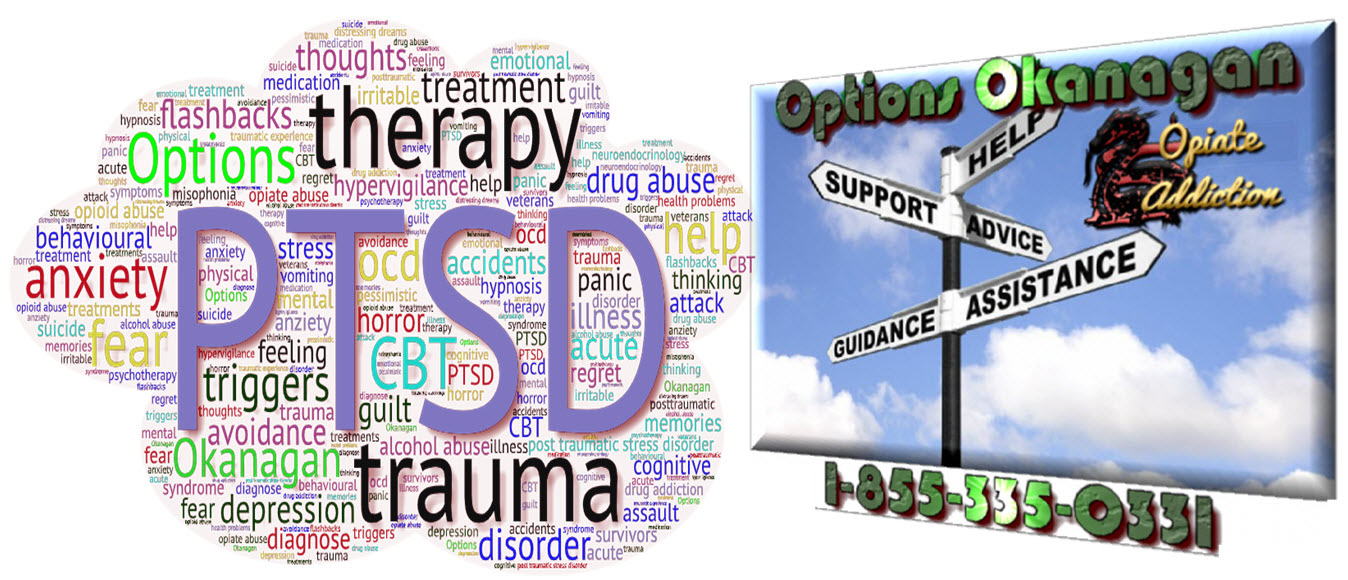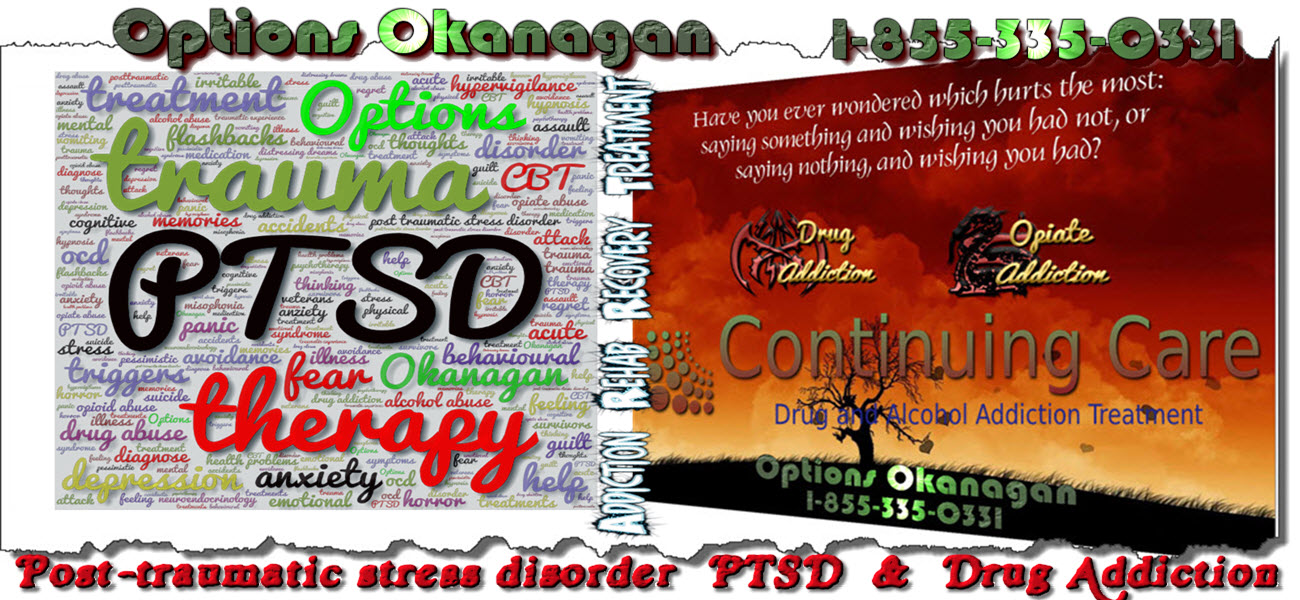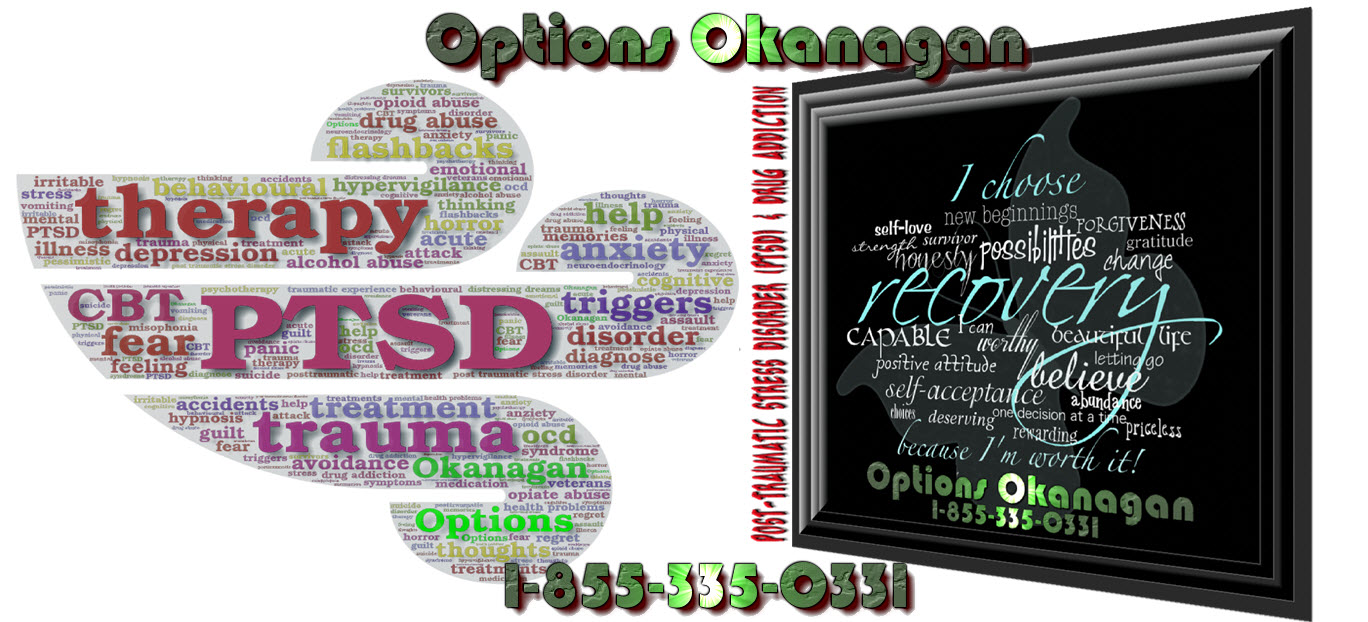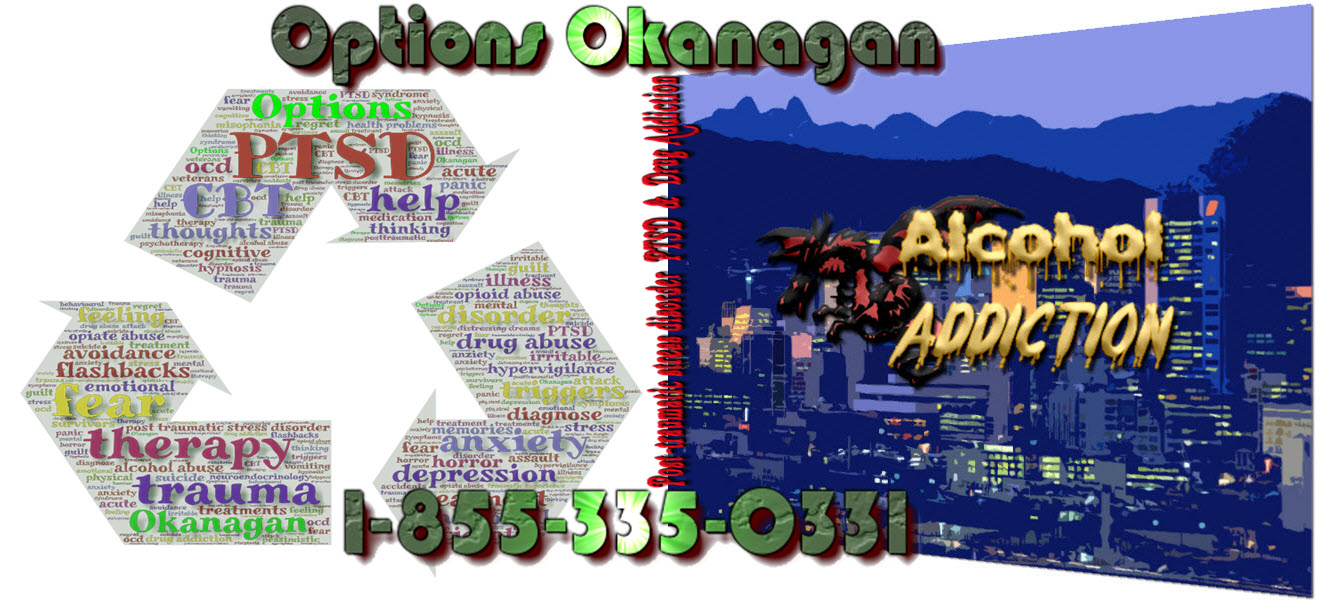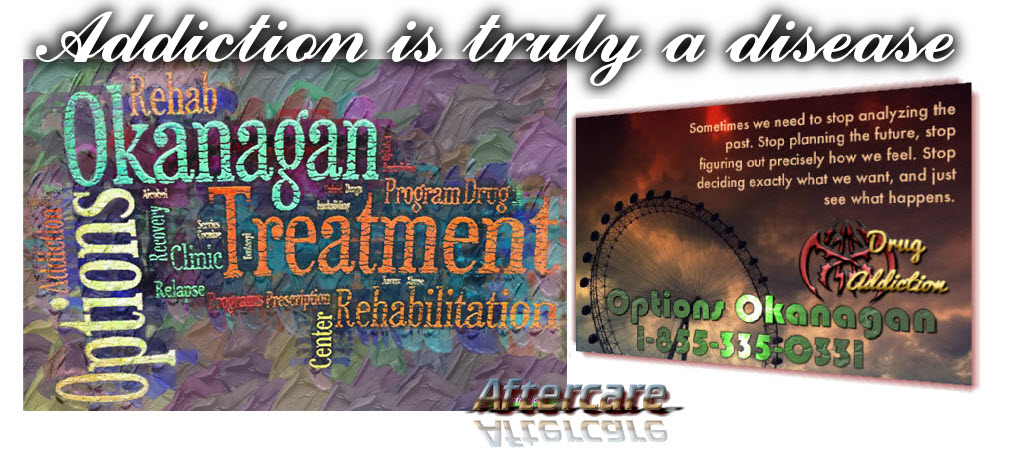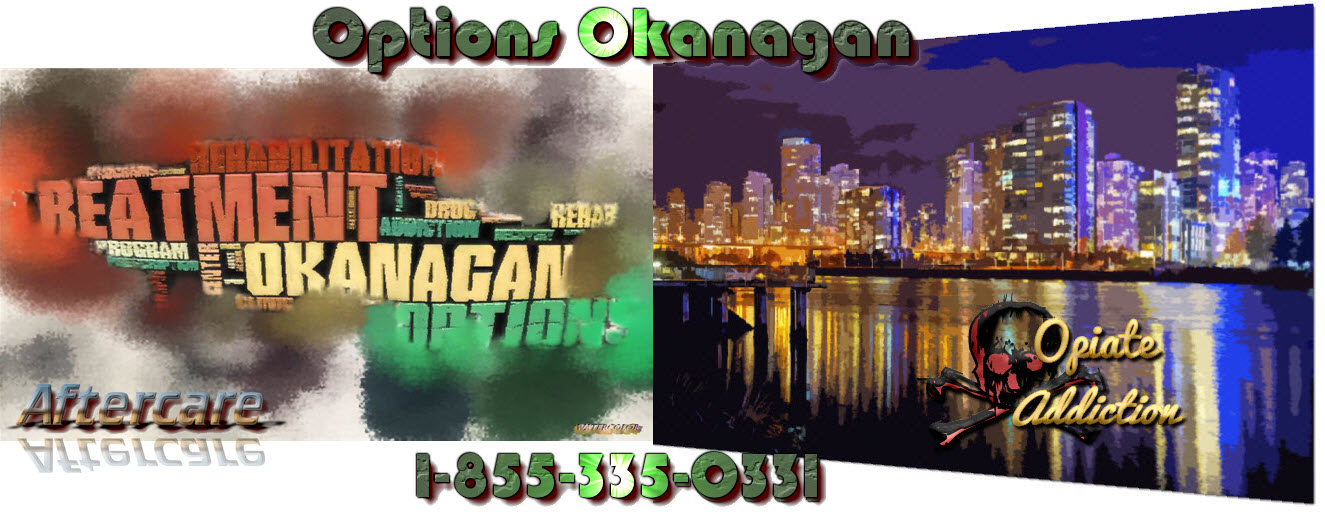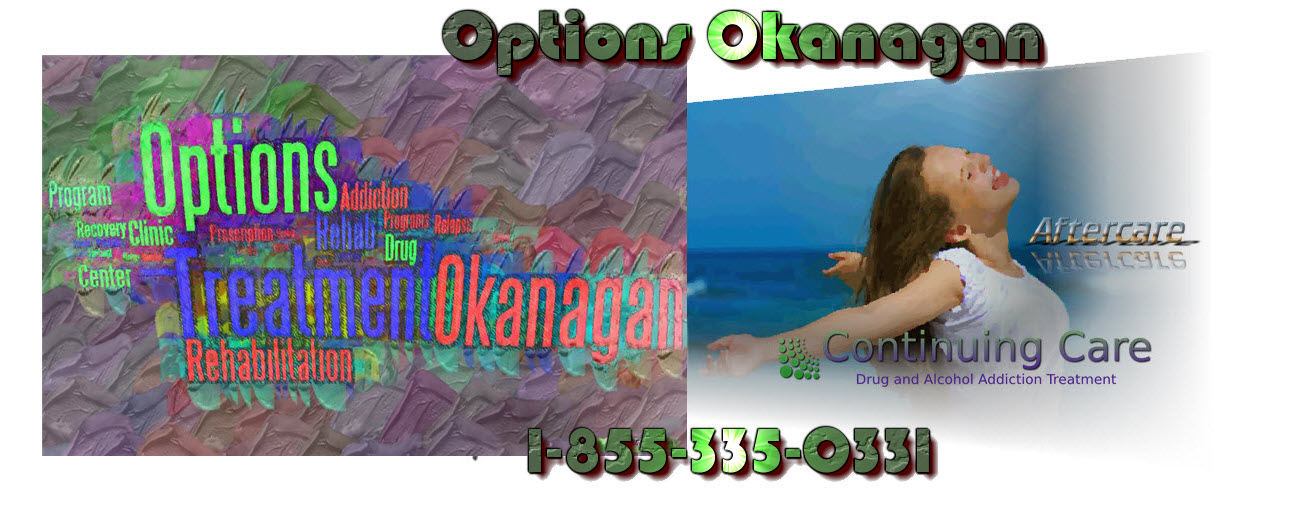Parenting disorders, behaviors and child mental health of children – Opioid and prescription drug rehabilitation programs in British Columbia and Alberta – Options Treatment Center in Kelowna, British Columbia treating prescription drug, opiate, fentanyl, heroin, and alcohol addiction and recovery.
Opioid Rehabs In Alberta And BC
Society wants to believe that the environments have been designed to minimize the factors that can cause mental and behavioral disorders in human beings. This is how society optimizes mental health. However, statistics indicate that the mental health of most of society’s population is exposed to negative environments.
Complications from negative environments.
In many children, mental symptoms are associated with negative environmental stressors. In Canada, not as much, but studies show that in the United States, one in five children are abused and also one in five lives below the poverty line. In addition, psychosocial structures in cities with poor living space expose children to crime and violence, which can damage their mental health. There are youngsters in other countries with far lower economic status and child protection programs that are far less and how they are a lot more affected by these negative stress factors.
These two main stress factors are considered traumatic experiences for children which can occur as mental disorders in adulthood.
The negative or positive childhood environment explains why there are adults who are less likely to develop mental disorders and those who are not at all affected.
Mental Health Disorder Programs in Alberta & BC
For instance, youngsters who experience repeated sexual abuse and the trauma from it are more likely to experience dissociative disorders like multiple personalities. The speed of victimization in intimate relationships only reinforces the dissociative response. Repeated exposure to violence or activities in a disturbed environment can also contribute to the development of severe dissociative disorders. This mental illness results from children’s efforts to deny the abuse, harassment, or trauma they experience as coping mechanisms to protect their mental well-being. However, if a person does not fully control these experiences, their mental well-being, and even their social and emotional well-being will be affected.
Withdrawal of parents
Some researchers have suggested that the large difference in the number of mental disorders treated today compared to the prevalence of the past century was largely due to dysfunctional family structures and parental losses. Ignorance and neglect of family members, maternal and social harm, isolation, and separation from parents are considered to be the main causes of mental disorders such as depression, intellectual disability, psychomotor disorders, and manifestations of autistic behavior in children.
Pathogenic parent-child relationships
Traumatic interpersonal relationships between parents or parent and child figures are seen as negative environments for children’s growth and development. This connection only means that their relationship is structured in such a way that the psychological well-being of the child is disturbed. They emphasize certain beliefs that are psychologically unfavorable to children, such as irrational beliefs about self-accusations, irrational explanations for traumatic experiences, mistakes, unconscious guilt, shame, and self-doubt. This belief is very strong and can cause children to generalize negative incidents too often.
Children experience all kinds of negative environments, including war and violence, daily pressures, economic problems, and accelerated negative effects of technology changes. Above all, the crippling relationships with the immediate environment – their parents, their family, and their direct interaction with their community – were the worst. Above all, it is necessary to change this negative environment to develop children with better mental health, and in the future, adults who can easily adapt to stress factors in their environment.
Options Okanagan Opiate and Alcohol Treatment Centers in Kelowna, Salmon Arm and Vancouver, British Columbia – Men and Women are recovering and healing from Alcohol and Drug Abuse at our treatment center here in the Okanagan right now.
Our unique and distinctive Opiate Drug and Alcohol treatment program allows men and women to come in from Calgary as well as Edmonton as we offer airport pickup.
Numerous clients come to us from Vancouver, Calgary, and Edmonton and other locations in Alberta and even other provinces for Opiate addiction treatment, heroin drug treatment, many other drugs, and alcohol addictions for rehabilitation because of the uniqueness of our treatment center.
Our (Kelowna) Alcohol and Drug Treatment Program Location:
(Not Mailing Address) – Contact Us – Web Page
For Mail Delivery :: Please contact each center for correct mailing addresses, also this location is the location of our residential treatment programs in Kelowna. Please call Toll Free 1-855-335-0331 – to contact the treatment center you are going to for the address and directions.
Options Okanagan Drug and Opiate Treatment Center
551 Sherrydale Crescent, Kelowna, British Columbia, V1V 2E6
Toll-Free Phone Number: 1-855-335-0331

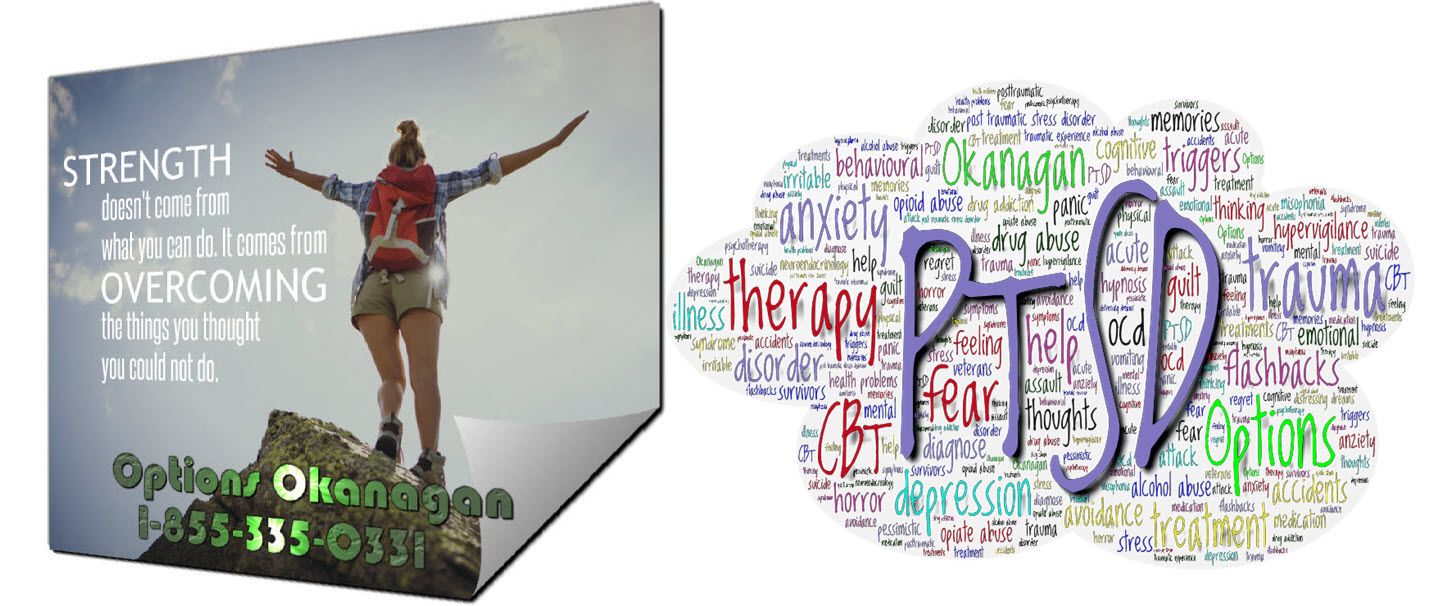

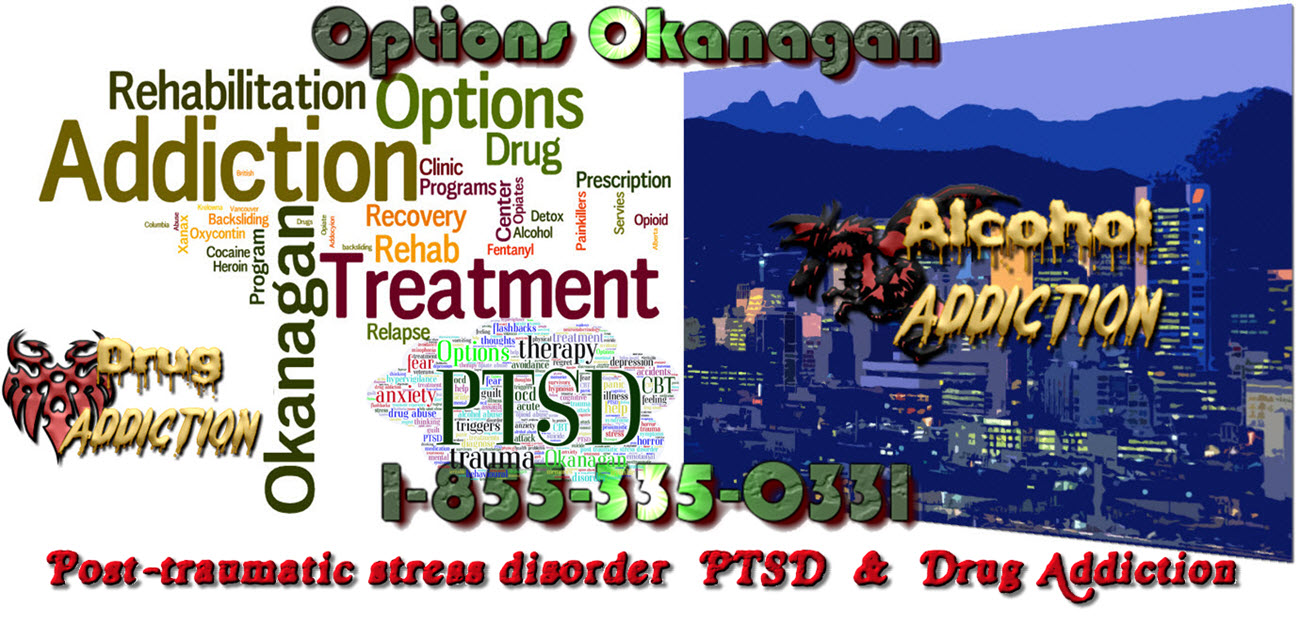

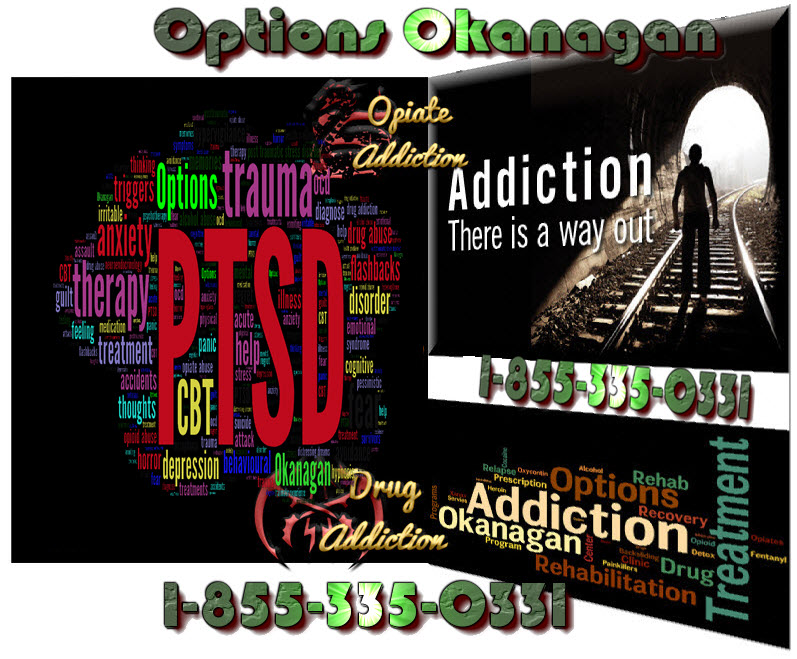
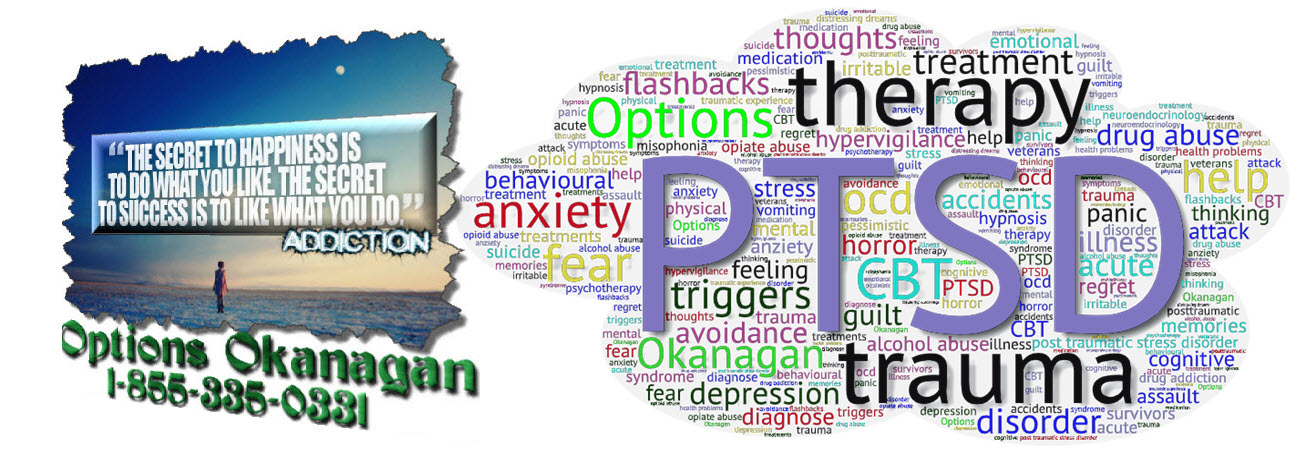
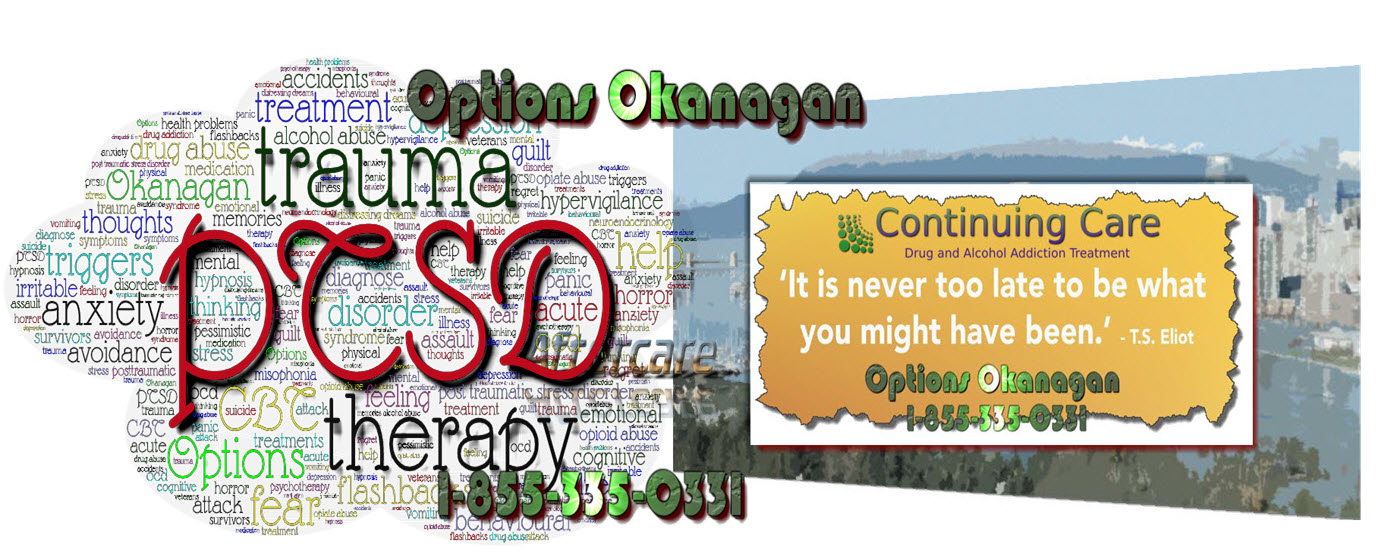
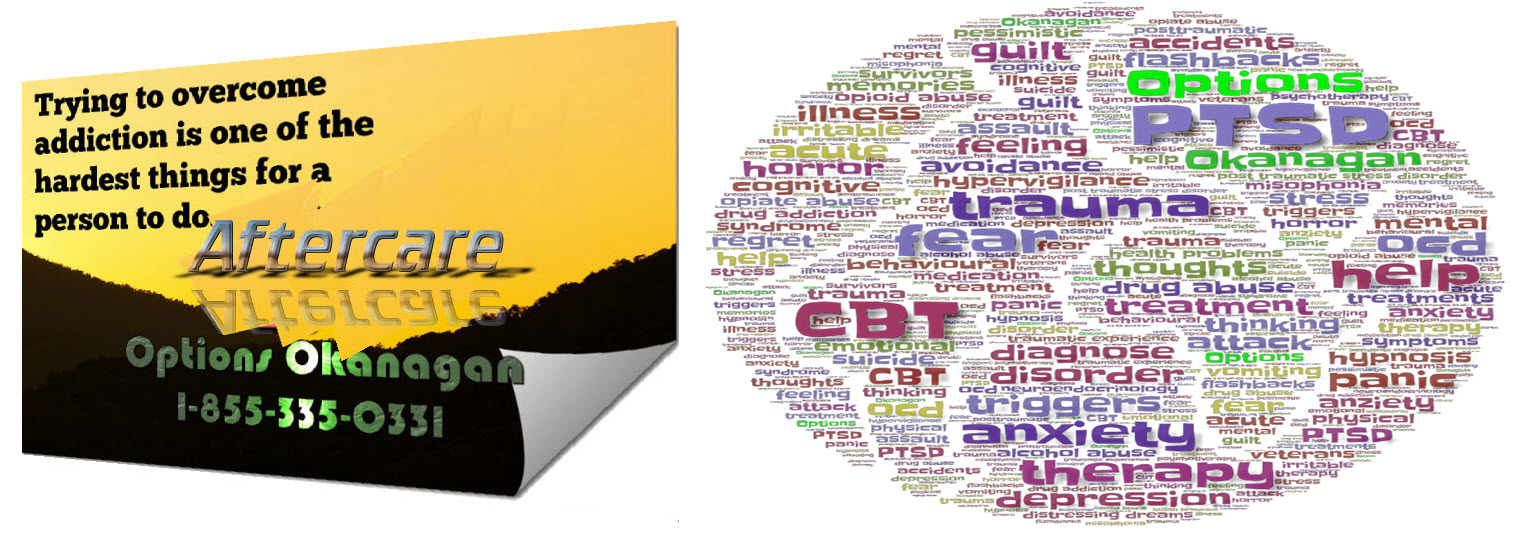
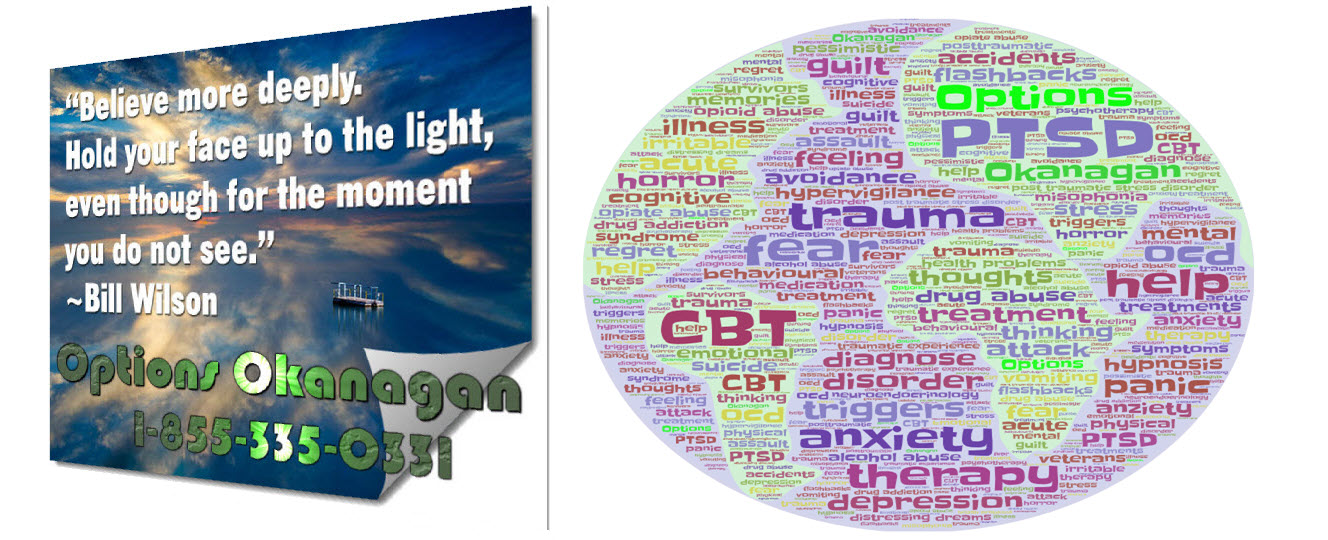

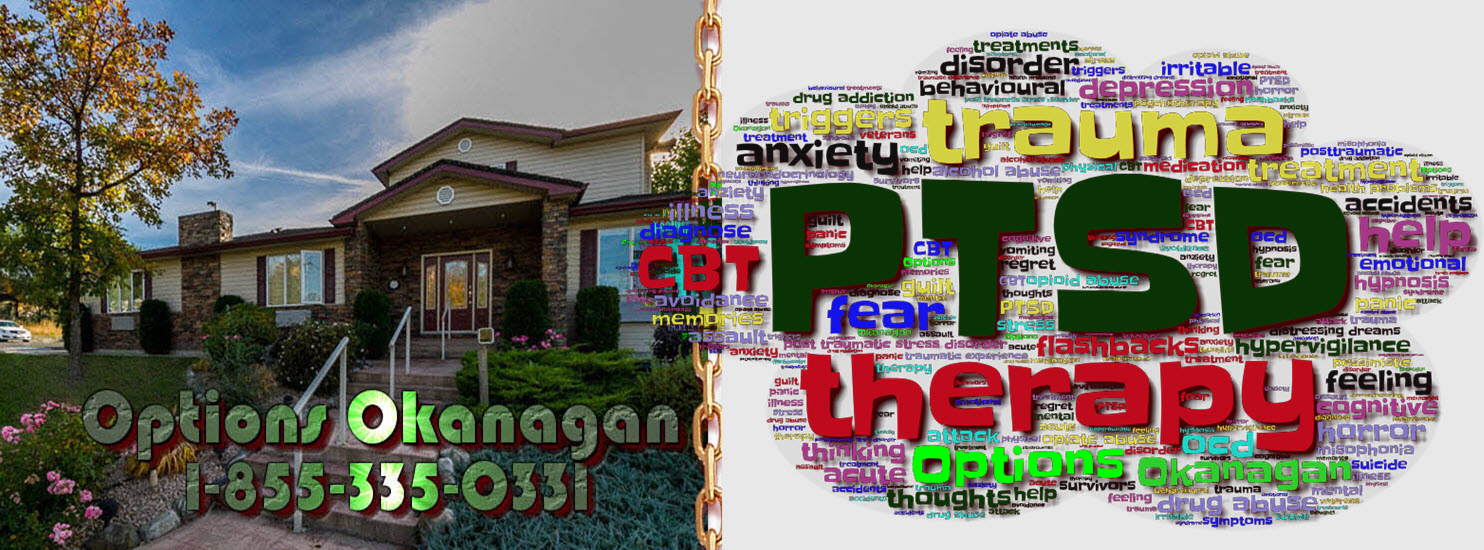
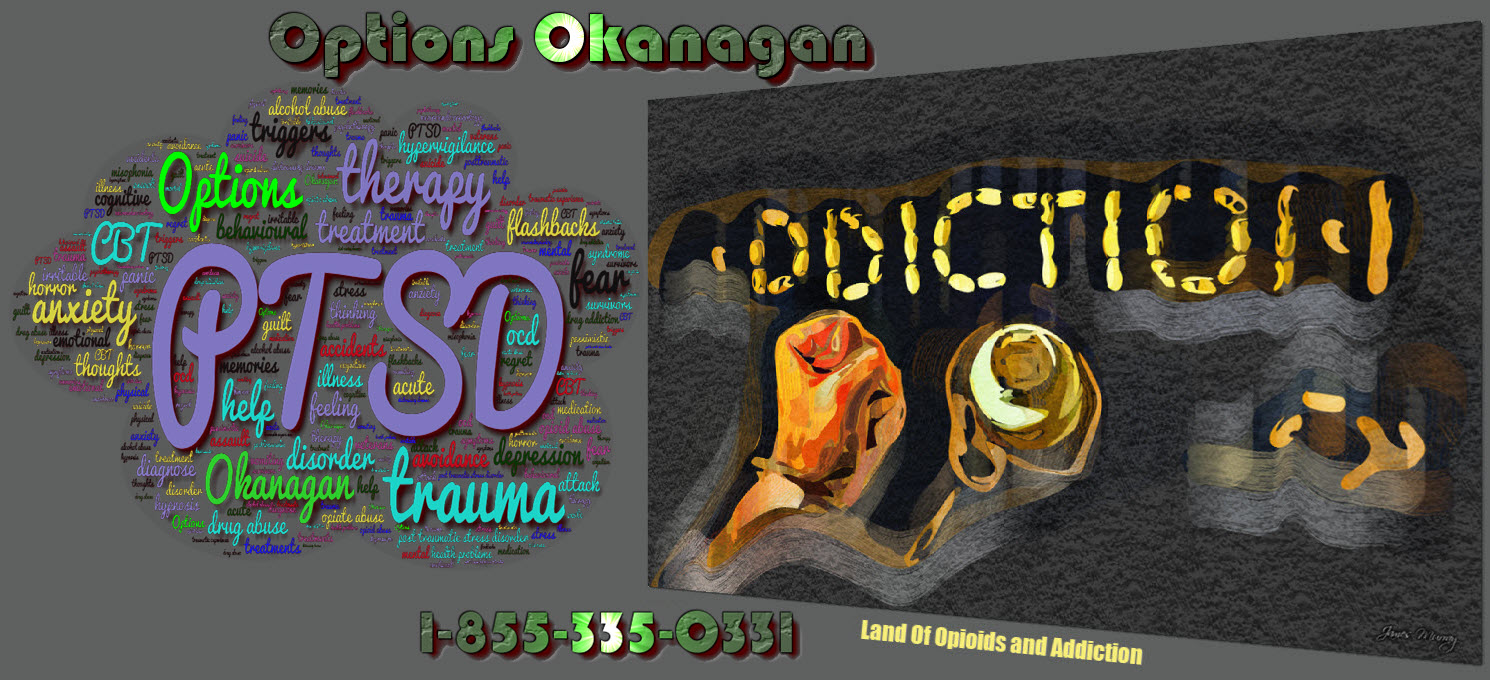
 and Trauma Rehab Centers in Alberta and BC - Options Okanagan.jpg)

